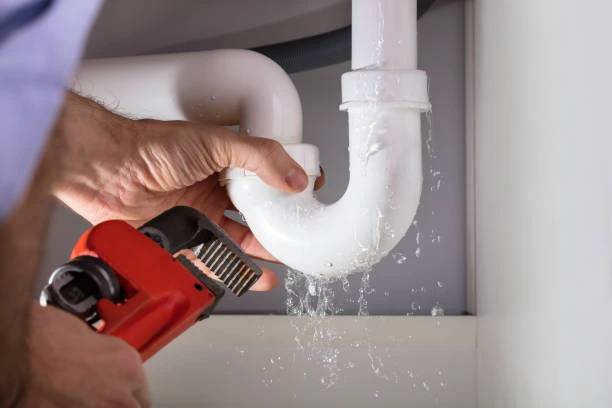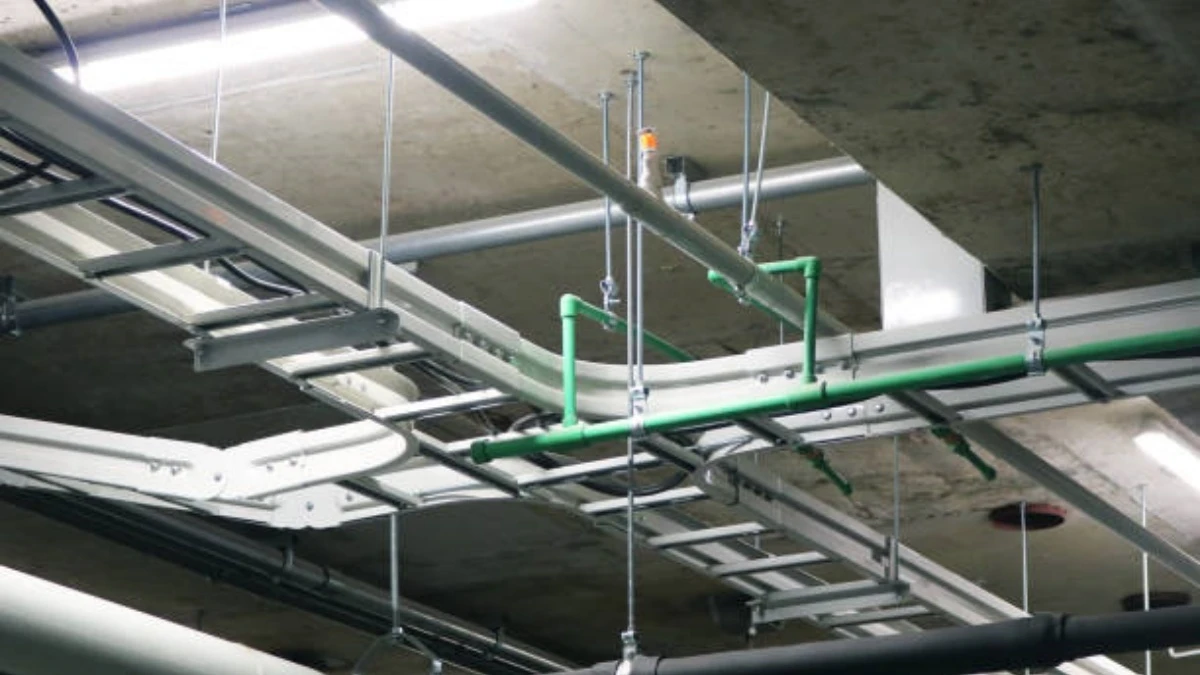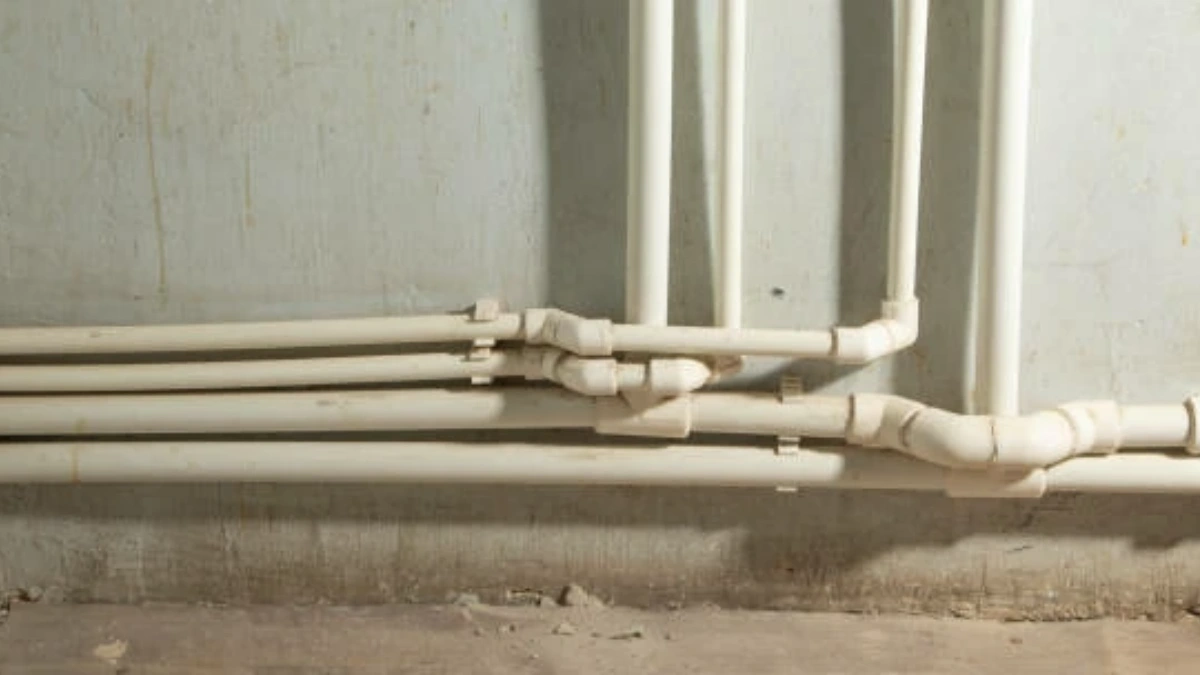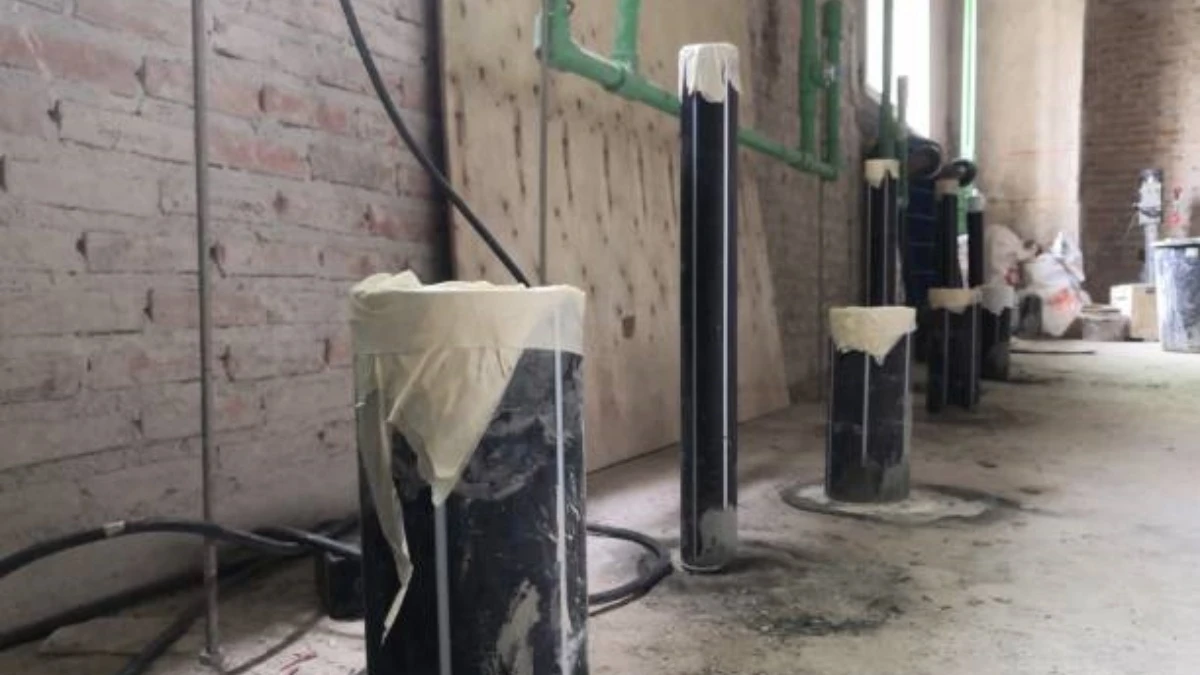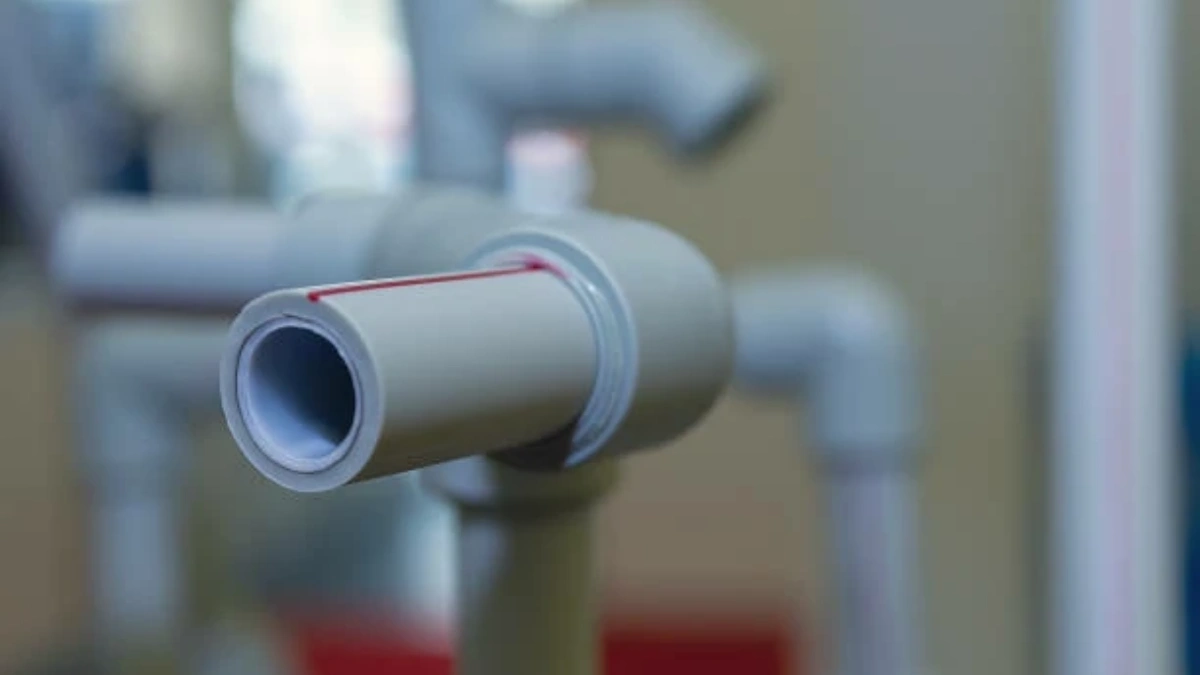Introduction
In recent years, the plumbing industry has seen significant advancements, with flexible pipes emerging as a popular choice for both residential and commercial applications. These innovative pipes offer a range of benefits over traditional rigid piping up, making them an attractive option for various plumbing needs. In this article, we will explore the advantages of flexible pipes, their applications, and why it’s time to “pipe up” for this modern plumbing solution.
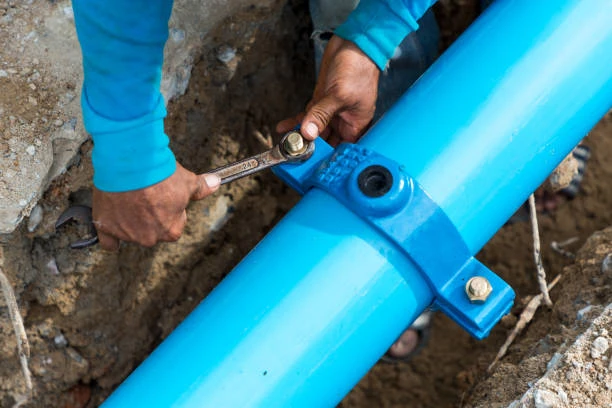
What Are Flexible Pipes?
Flexible pipes are useful to bend and maneuver around obstacles, unlike traditional rigid pipes made from materials such as PVC, copper, or cast iron. They are typically useful from materials like PEX (cross-linked polyethylene), PVC, or flexible copper. This flexibility allows for easier installation in tight spaces and reduces the need for numerous fittings and joints, which can be points of weakness in a plumbing system.
Benefits of Flexible Pipes
1. Ease of Installation
One of the most significant advantages of flexible pipes is their ease of installation. They can be easily cut to length and bent to fit around obstacles, reducing the time and labor require for installation. This flexibility allows plumbers to navigate complex layouts without the need for extensive fittings, resulting in a quicker and more efficient installation process.
2. Cost-Effective
Flexible pipes are often more cost-effective than traditional rigid pipes. Their lighter weight reduces shipping and handling costs, and the simplified installation process can lead to lower labor costs. Additionally, fewer fittings mean fewer potential failure points, which can result in lower maintenance costs in the long run.
3. Resistance to Corrosion
Many flexible pipe materials, such as PEX and PVC, are resistant to corrosion, making them ideal for plumbing systems that may be useful to moisture or chemicals. This resistance helps extend the lifespan of the plumbing system, reducing the likelihood of leaks or failures.
4. Thermal Insulation
Flexible pipes can provide better thermal insulation than traditional materials. For example, PEX pipes are known for their ability to retain heat, which can lead to energy savings in hot water systems. This feature is particularly beneficial in colder climates, where maintaining water temperature is crucial.
5. Noise Reduction
Flexible pipes can help reduce noise in plumbing systems. Their design allows for better vibration absorption, minimizing the sound of water flow and other plumbing-related noises. This feature can contribute to a quieter and more pleasant living environment.
6. Versatile Applications
Flexible pipes are suitable for various applications, including:
- Residential plumbing: Ideal for water supply lines, heating systems, and drain lines.
- Commercial plumbing: Suitable for larger buildings and facilities, where flexibility in installation is crucial.
- Outdoor installations: Perfect for garden irrigation and sprinkler systems, where adaptability is needed.
Choosing the Right Flexible Pipe
When selecting flexible pipes for your plumbing needs, consider the following factors:
1. Material Type
Different materials have unique properties that may affect your choice:
- PEX: Highly flexible and resistant to scale and chlorine. Ideal for hot and cold water supply lines.
- PVC: Lightweight and affordable, commonly used for drainage, waste, and vent piping.
- Flexible Copper: Durable and resistant to corrosion, often used in heating applications.
2. Pipe Size
Ensure you choose the correct pipe diameter for your application. This will depend on your water flow requirements and the specific plumbing layout.
3. Local Codes and Regulations
Always check local plumbing codes and regulations before installation. Some areas may have specific requirements for materials or installation practices.
4. Temperature and Pressure Ratings
Consider the temperature and pressure ratings of the flexible pipes to ensure they meet the demands of your plumbing system. Make sure they can handle both hot and cold water temperatures if necessary.
Conclusion
Piping up for flexible pipes is a wise decision for anyone looking to enhance their plumbing system. With their ease of installation, cost-effectiveness, and resistance to corrosion, flexible pipes are transforming the plumbing landscape. Whether you are a homeowner, a contractor, or simply someone interested in modern plumbing solutions, it’s time to embrace the benefits of flexible pipes and make them a part of your next project.
FAQs
- What are flexible pipes made of?
- Flexible pipes can be made from various materials, including PEX (cross-linked polyethylene), PVC, and flexible copper.
- Can I use flexible pipes for hot water?
- Yes, many flexible pipes, particularly PEX, are designed to handle hot water applications.
- Are flexible pipes durable?
- Yes, flexible pipes are typically resistant to corrosion and can last many years, depending on the material and application.
- How do I install flexible pipes?
- Flexible pipes are easy to install; they can be cut to length and bent to fit without requiring numerous fittings. However, it’s advisable to consult a professional plumber for complex installations.
- Can flexible pipes be used outdoors?
- Yes, flexible pipes are suitable for outdoor applications, such as irrigation systems, as long as they are rated for such use and properly installed.
